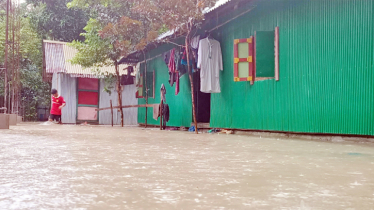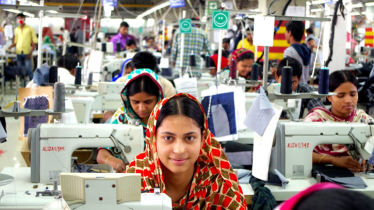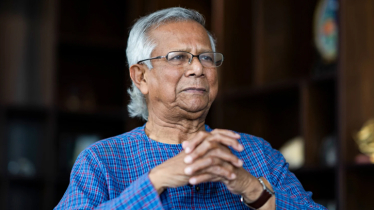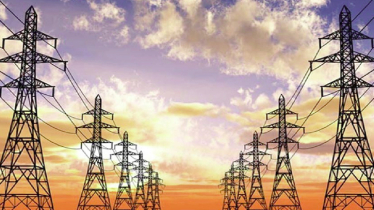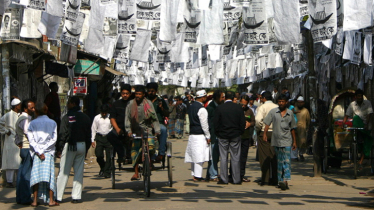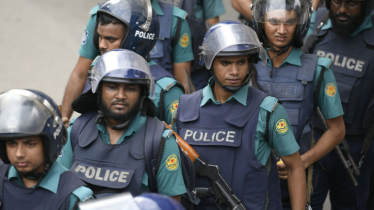
Photo: Messenger
The results of HSC and equivalent examinations in 2023 hint a disconcerting trend as students from 42 educational institutions, under eight out of the 11 education boards, failed to secure success. This development, however, marks a marginal improvement from the previous year as 50 institutions faced a similar fate in the previous year – thereby translating to an 8-institution decrease in the number of educational institutions with a zero-pass rate. However, the overall pass rate also witnessed a decline compared to the preceding year, which also paints a worrisome picture of the educational landscape.
On an average, a mere 78.64 percent of examinees managed to pass in the Higher Secondary Certificate (HSC) and equivalent examinations under the auspices of the 11 education boards across the country. Of the successful candidates, 92,595 achieved the highest grade point average (GPA-5). The total number of successful students stood at 10,67,852 out of 13,57,915 examinees – thereby encompassing 6,98,135 boys and 6,76,353 girls.
Breaking down the GPA-5 holders, the statistics reveal that 43,230 are male students, while 49,365 are their female counterparts. The distribution of GPA-5 achievements indicates that 78,521 students emerged triumphant under general education boards, 7,097 under the madrasah education board, and 6,977 under the technical education board.
However, a critical issue surfaces when scrutinising the results: 42 educational institutions saw none of their students succeed, a matter of grave concern indeed. The absence of any successful candidates from an institution is not only embarrassing, but also unacceptable. This necessitates immediate investigation by relevant authorities, such as the Ministry of Education, to delve into the underlying causes, while also rectifying the fact.
Moreover, the unsatisfactory performance this year compared to the previous one has raised red flags about the quality of education in the country. Reports from various media outlets have consistently highlighted loopholes in the education system, including a lack of quality education and doubts about the system’s ability to instill moral values and competence in students. This underscores the urgent need for radical changes and reforms at the grassroots level to rejuvenate the education system and address these glaring shortcomings.
It is imperative that educational institutions, recognised or not, are closely to be monitored to ensure the presence of adequate infrastructure and competent educators – thereby reinforcing the importance of fulfilling responsibilities to uphold educational standards.
Messenger/Disha


